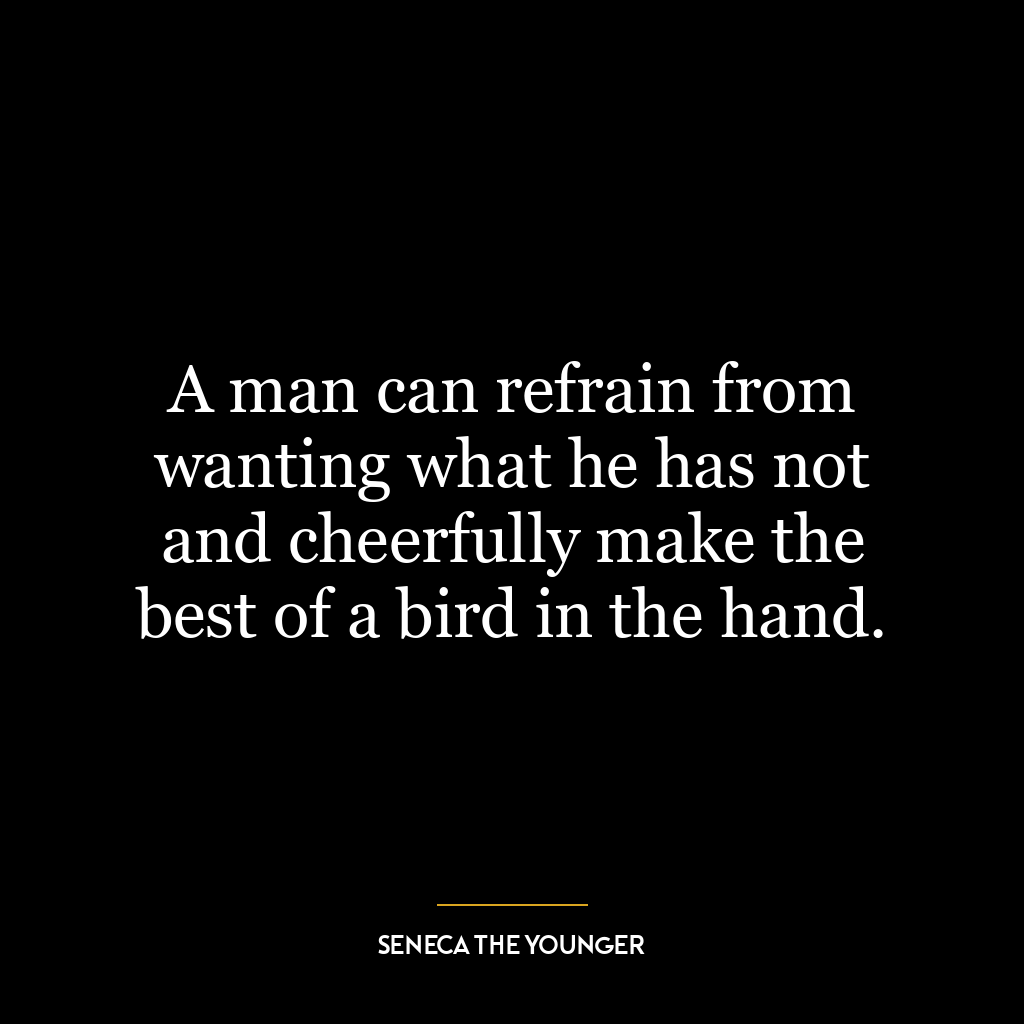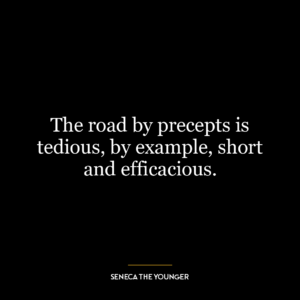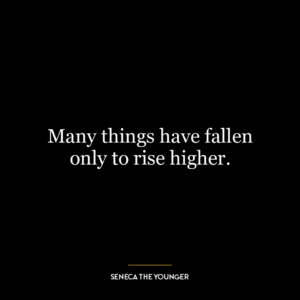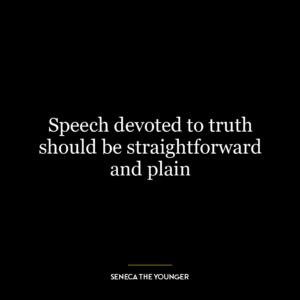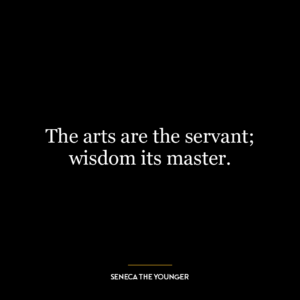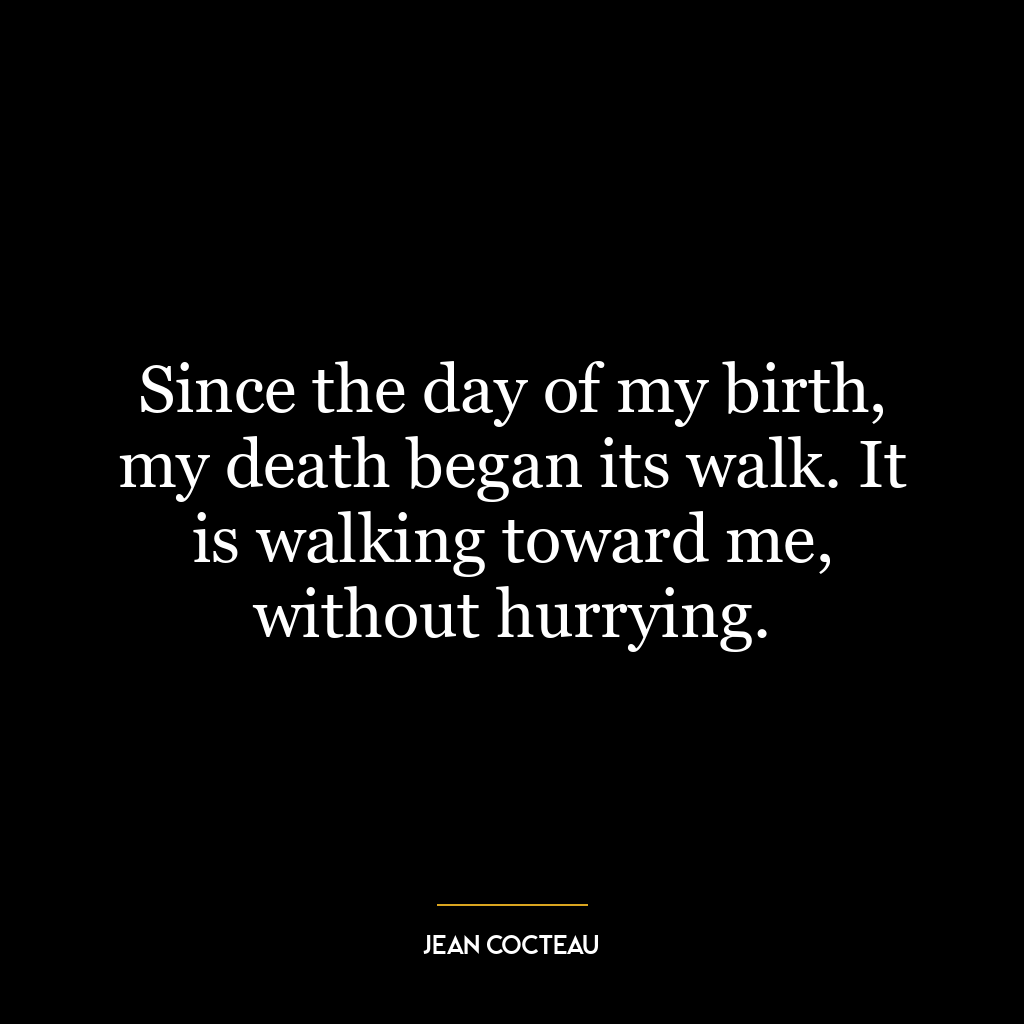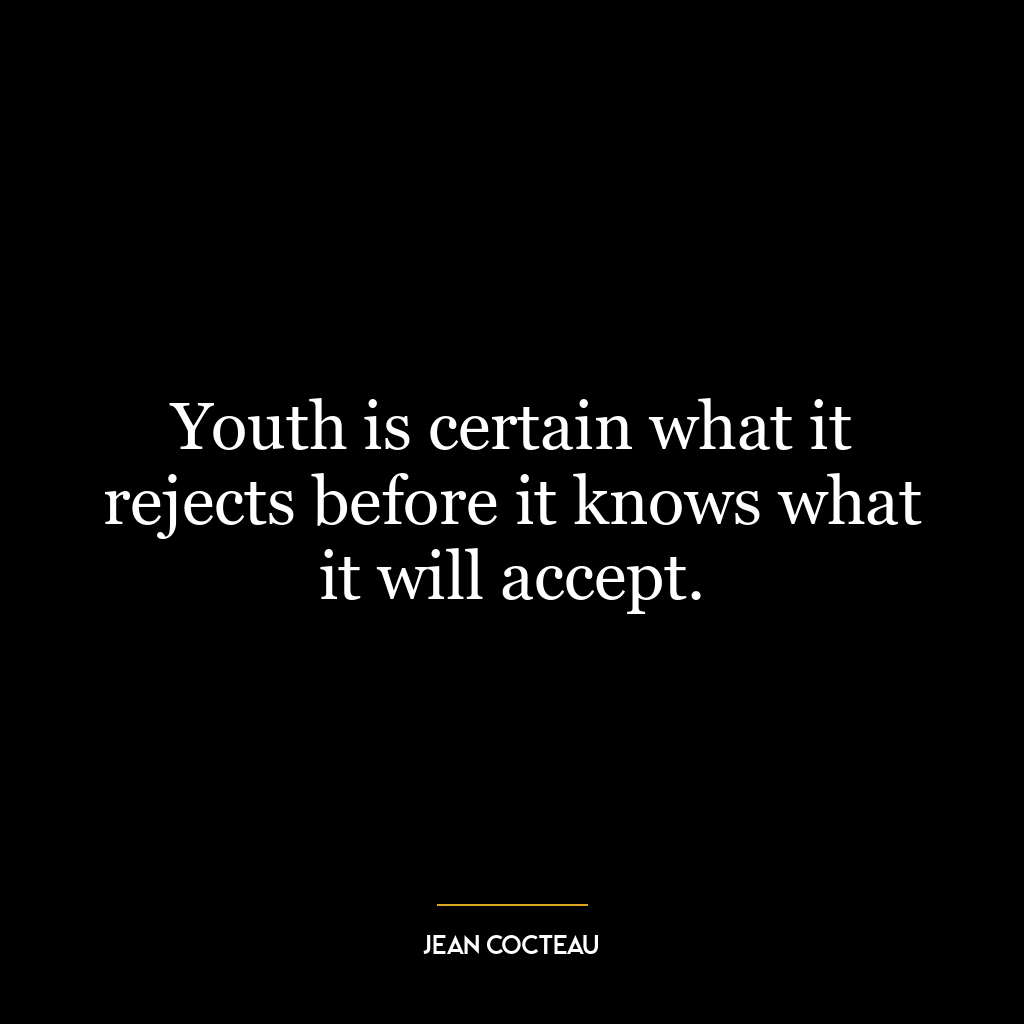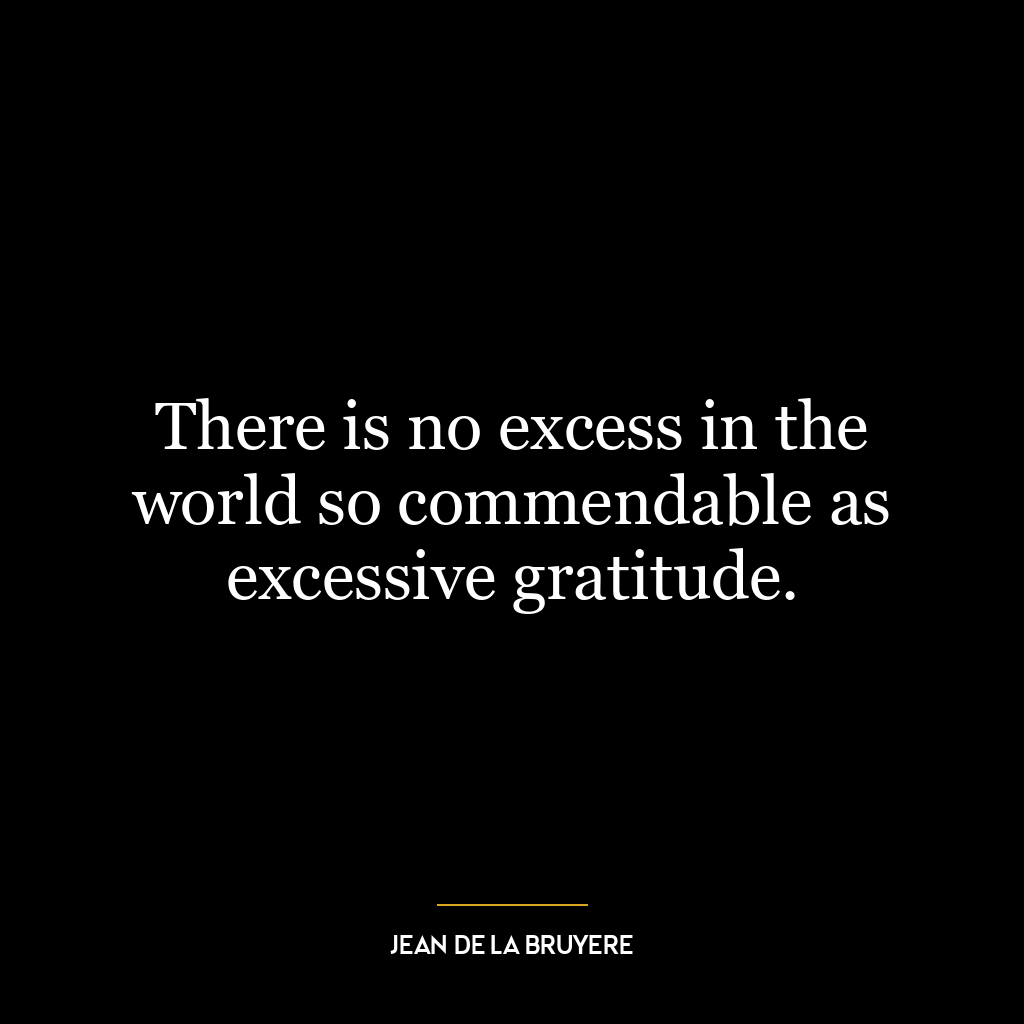A man can refrain from wanting what he has not and cheerfully make the best of a bird in the hand.
This quote by Seneca the Younger emphasizes the philosophy of contentment and the wisdom in appreciating what one already possesses. The “bird in the hand” symbolizes what one currently has, while what “he has not” represents the elusive desires and wants.
The first part of the quote, “A man can refrain from wanting what he has not,” suggests the ability to control one’s desires, to resist the urge to constantly seek more. It’s about understanding that the pursuit of external possessions or achievements does not necessarily equate to happiness or fulfillment.
The second part, “and cheerfully make the best of a bird in the hand,” encourages us to cheerfully accept and make the most of what we already have. It’s about realizing the value of the present, and finding joy and satisfaction in it.
In today’s world, this quote is highly relevant, particularly in the context of consumerism and the constant push for more – more money, more success, more possessions. The quote advises us to resist this pressure, to find contentment in what we already have, and to focus on the intrinsic value of our current possessions or achievements rather than constantly striving for more.
In terms of personal development, this quote encourages mindfulness and gratitude. It suggests that by focusing on what we have, rather than what we lack, we can cultivate a more positive mindset and a greater sense of fulfillment. It’s about learning to appreciate the present moment and the resources we currently have at our disposal, rather than constantly looking to the future or to others for validation or satisfaction. It reminds us that happiness and contentment come from within, not from external possessions or achievements.

